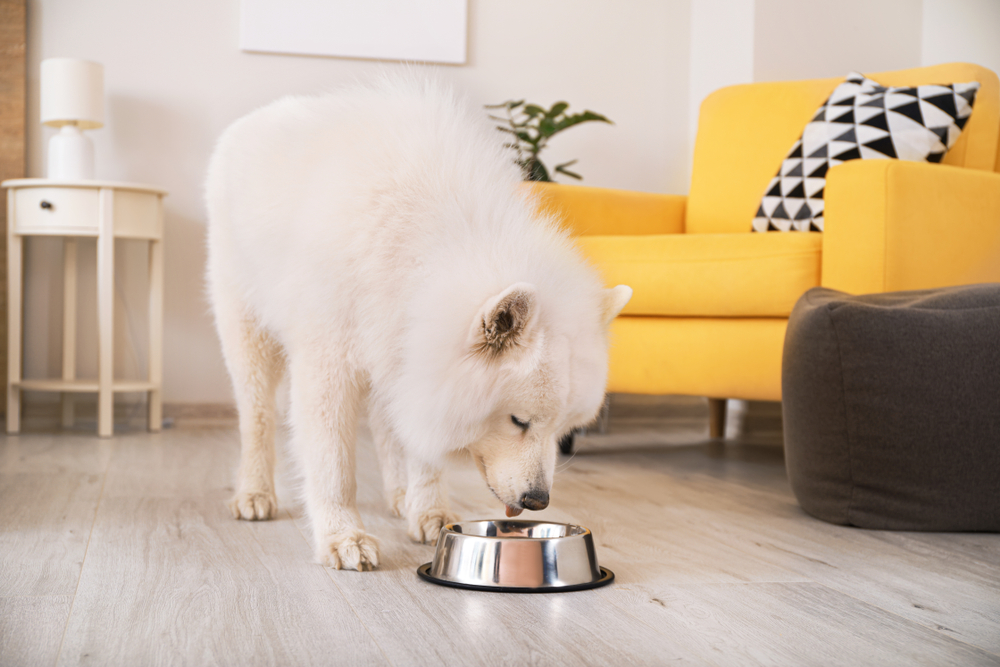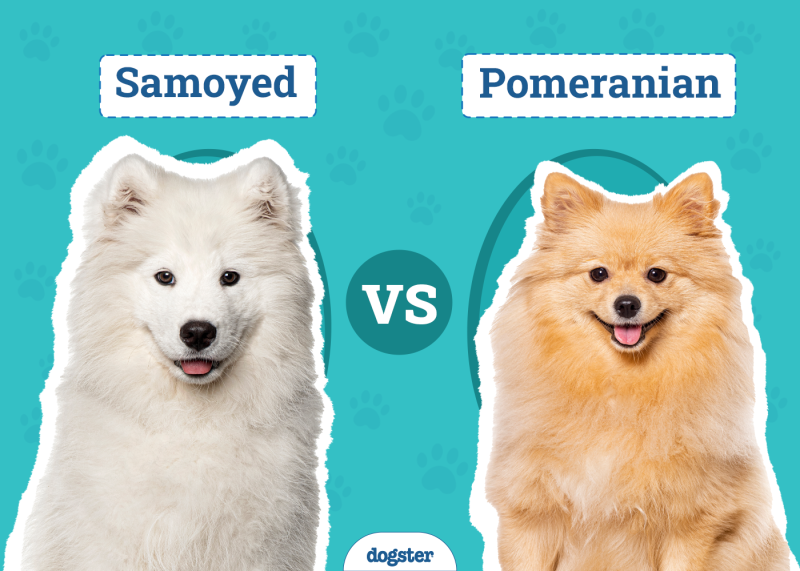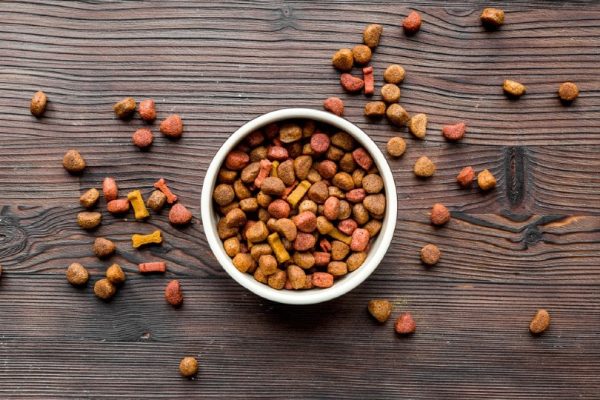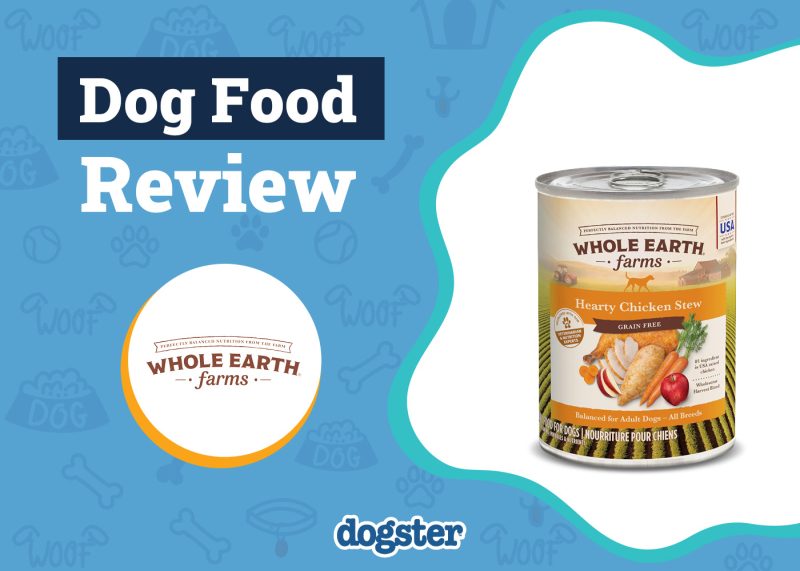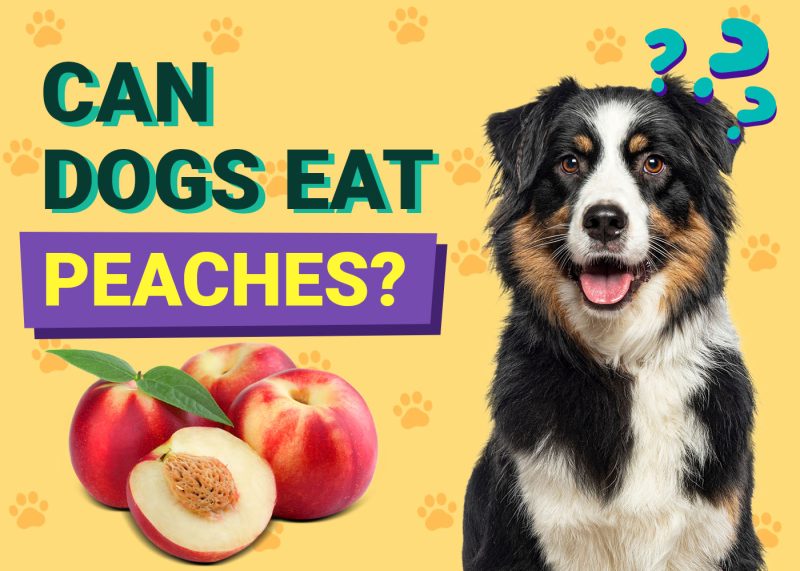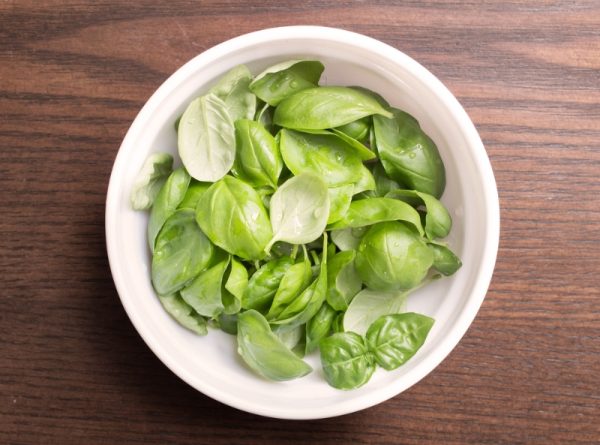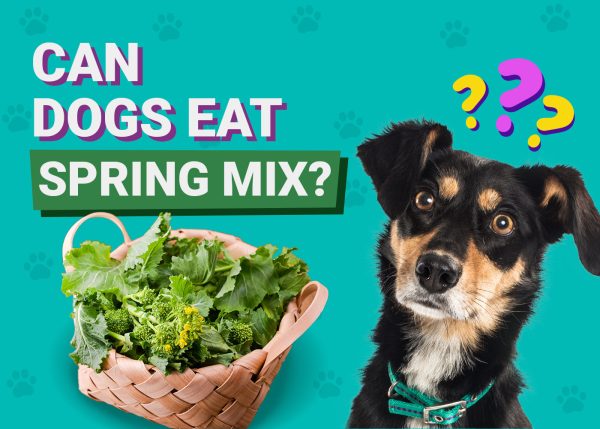Carbohydrates are sugars, fibers, and starch. Strictly speaking, dogs technically do not need carbohydrates in their diet, but because carbs produce energy, they are beneficial when included in a dog’s balanced diet. This means you should ensure your dog eats a balanced diet, including both treats and food combined, to ensure that you are providing an appropriate amount of this ingredient each day.
Below, we look at the role carbohydrates play in a dog’s diet, as well as good sources of carbohydrates, and whether you should limit the amount your dog gets.

Dog Diet 101
Dogs are generally considered omnivores, which means they get their nutritional requirements from all sources, including both animal and plant-based ingredients. Because they are omnivores and can get the energy they need from different sources, the modern pet dog can get a lot of its energy intake from carbohydrates.
While dogs can digest carbohydrates and turn them into energy, a lot depends on the quality of the carbohydrates.
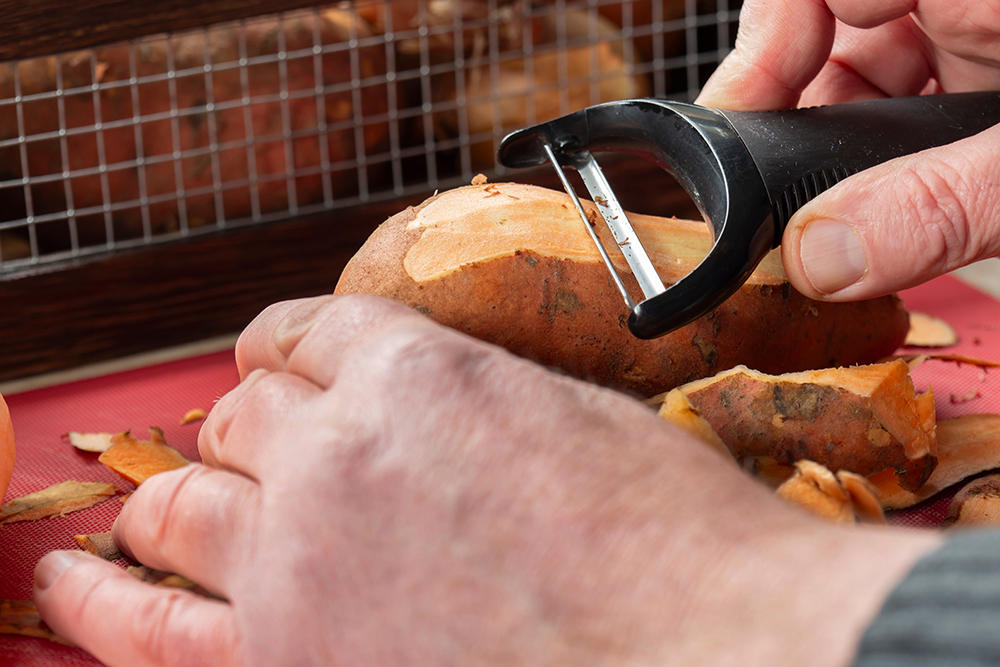
What Do Carbohydrates Do?
- Provide Energy – Carbohydrates are converted into energy by the body. Complex carbohydrates have a lower glycemic index and release energy slowly and not all at once.
- Manage Gut Health – Fiber-rich carbs also help promote good gut health because they promote good gut bacteria and also improve bowel movements.
- Regulate Blood Sugar Levels – Complex carbohydrates have a lower glycemic index, which means sugars are released slowly and more evenly over the day. This can especially benefit dogs that suffer from conditions like diabetes.
It is generally recommended that a dog’s diet includes at least 20% carbohydrates if that dog is growing or has high energy requirements.

Good Sources of Carbohydrates
Ensure you’re feeding your dog a complete food, which means it contains all the required vitamins, minerals, and nutrients. Check the carbohydrate level in the food, and ensure you are hitting the 20% ideal level. You should also check the sources of carbohydrates in the food.
Alternatively, if you add tasty treats to your dog’s food, or supplement their kibble with additional ingredients, the following are good sources of carbohydrates for dogs. The following are considered good sources of carbohydrates for dogs:
- Potatoes
- Quinoa
- Rice
- Apples
Strictly speaking, dogs do not need carbs in their diet. However, when fed as part of a balanced diet, and assuming the feeding of good-quality carbs, they do offer a host of benefits to dogs.
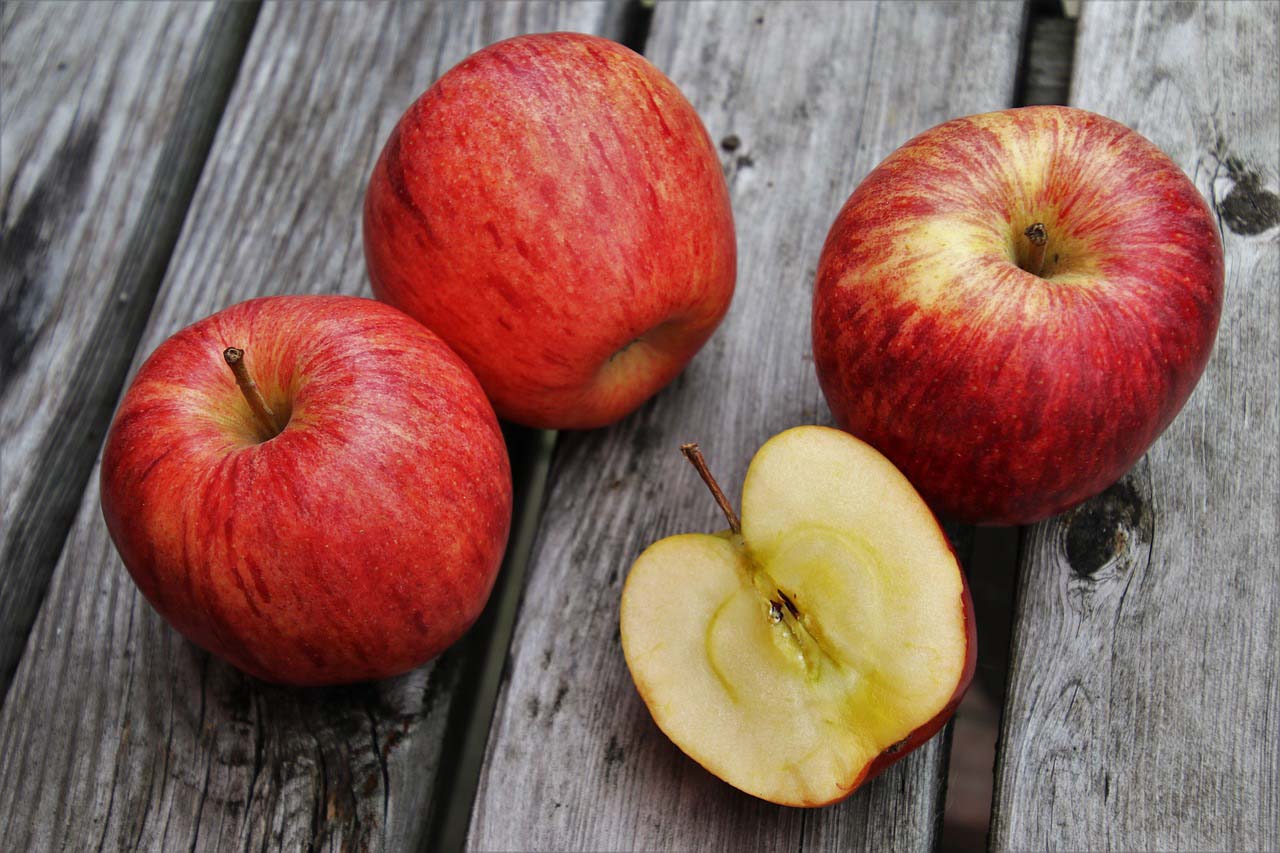
How Do I Know If My Dog Food Is Low-Carb?
Some dog food labels state that food is low in carbohydrates, but there are no set levels, which means one manufacturer’s idea of low-carb food might be higher than another manufacturer’s. You will need to check the carbohydrate levels yourself.
A carbohydrate ratio of 20% by dry matter is considered normal, so numbers lower than this would generally be considered low in carbohydrates.

Conclusion
Although dogs do not strictly need carbohydrates in their diet, and they do offer certain health benefits when you feed the right type and in appropriate amounts. Modern commercial diets include carbohydrates, and reading the label can give you more information about the type and amount of carbohydrates present within.
Featured Image Credit: Pixel-Shot, Shutterstock
